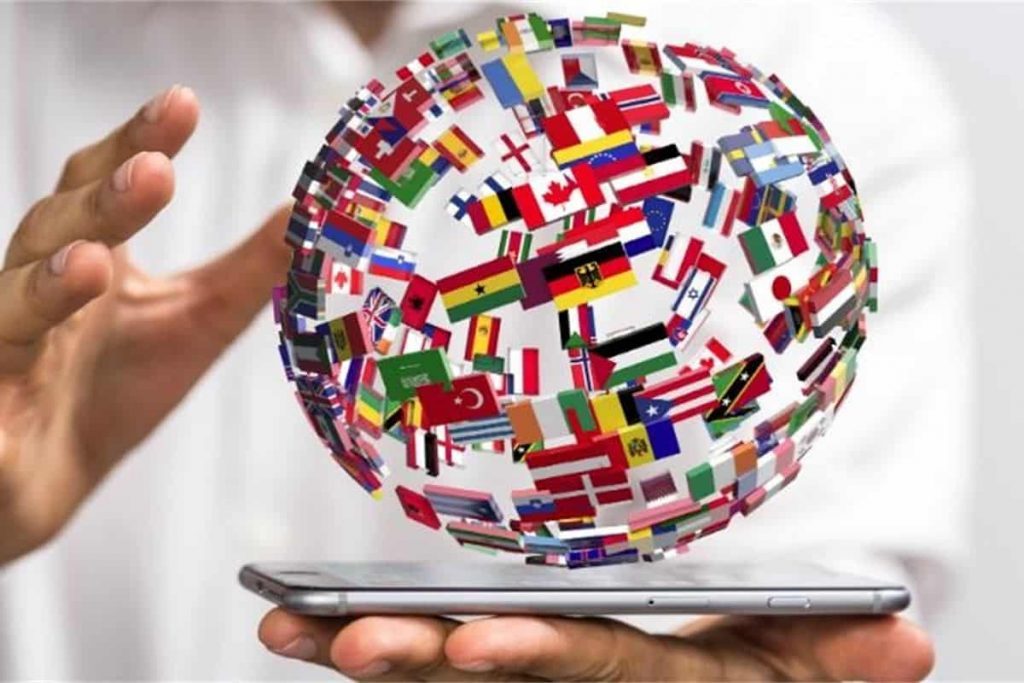Beginning to learn German – indeed any language – starts with learning how to greet one another, enquiring about the well-being of the respective parties, before moving on to names and where we hail from.
An Engländer/in learning the German language has a clear advantage over his counterpart, for example, from the Turkish Republic. Compare this:
- Ich komme aus England
- Ich komme aus der Türkei.
England, like most countries, is used without an article, whereas Turkey is used with an article. Just as in English, German uses articles with some countries, and this short essay examines why we say der Iran, die Türkei, die Niederlande.
Plurals make articles plausible where the country is a collection of islands (die Philippinen) or of several lands (die Niederlande).
Switzerland is feminine, as the underlying German noun for the Helvetic Confederation is feminine in (die Eidgenossenschaft). The same goes for Turkey, the republic founded by Atatürk following the Ottoman Empire.
Interesting are the reasons for the article’s use in the country of Iran. The University of Marburg published an article on its use, explaining that Resā Shāh introduced the country’s old name ‘Iran’ after the First World War. French was the European language used in Iran and, unlike German, it uses articles with countries: Empire de l’Iran or l’Iran. A faulty translation into German introduced the French use of the article with Iran. This has prevailed to this day, though opinion is divided, with Duden sitting on the fence on that subject.

